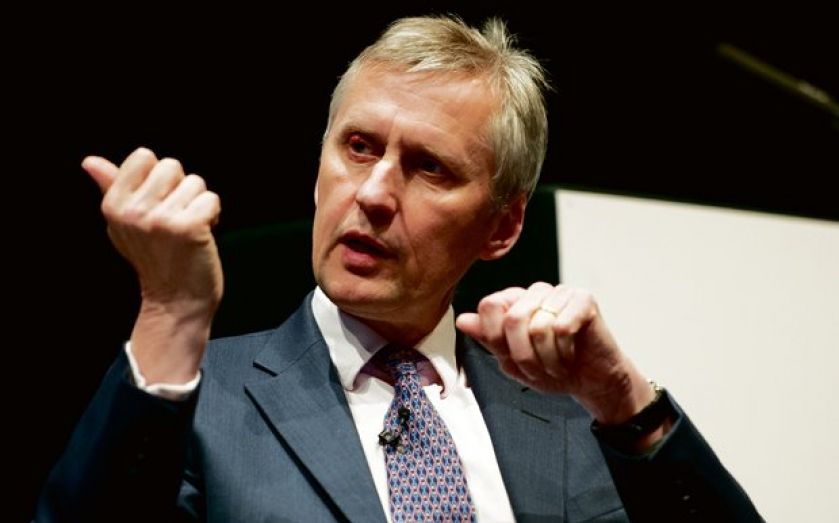Libor and forex scandals: Banks admit they are “puzzled” over how to stop rate fixing

Banks and regulators have still not found a way to be sure of stopping traders from manipulating Libor, foreign exchange and other benchmarks, top watchdog Martin Wheatley said yesterday.
More than two years on from the first bank fine over attempted Libor fiddling, the new setup for benchmark regulation is yet to be finalised.
“I think all banks are struggling on how they stamp out this activity,” Financial Conduct Authority chief Martin Wheatley told MPs on the Treasury Select Committee.
“They are all deeply embarrassed and want to make that change, to put in place remedial action.”
Since the Libor scandal struck banks have been hit by allegations that staff tried to manipulate currency benchmarks and gold indices around the world.
The FCA was created in April 2013, and has enacted a swathe of new rules and standards across the retail banking industry.
But Wheatley said the regulator needed to step up its actions to clean up the wholesale markets, which are far less regulated – in part because they deal with sophisticated clients like other banks, rather than retail customers.
Even the most eye-catching scheme to improve competition and behaviour in retail banking has not been a full success.
Wheatley said the overall level of current account switching “remains relatively subdued,” rising by around 15 per cent in the year since the seven-day switching scheme was launched.
Meanwhile, FCA chairman John Griffith Jones revealed the watchdog had carried out “basic contingency planning” in case Scotland did vote in favour of independence in next week’s referendum.
The body was “making sure phone lines are properly manned if people ring up, making sure we have a position around what advice would be appropriate to be given around day one, when consumers ask what should I do,” he said.